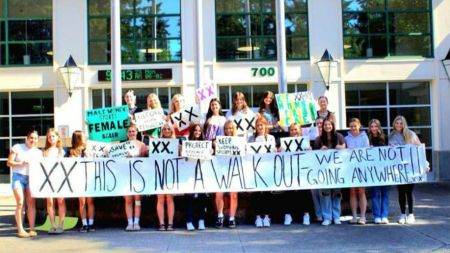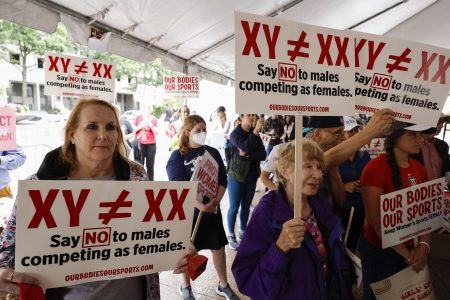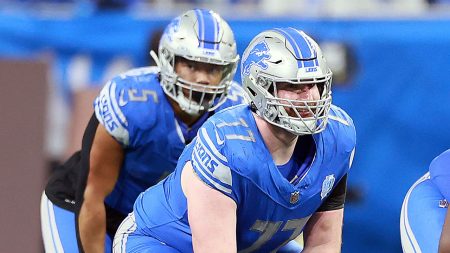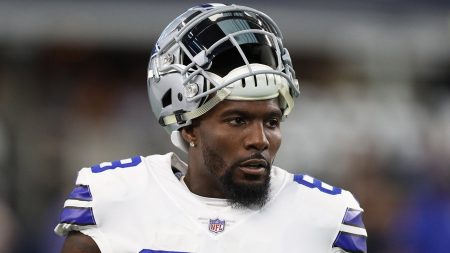Auburn Tigers men’s basketball coach Bruce Pearl has recently engaged with current political discourse, particularly regarding immigration policies and local governance. During a press conference, New York City Mayor Eric Adams responded to criticism from leftist factions concerning his meeting with Tom Homan, designated by President-elect Donald Trump as the head of a mass deportation initiative. Pearl expressed his support for Adams through social media, stating, “Thank you Mayor Adams!” His endorsement reflects a growing trend among public figures to take a stand on controversial political issues, particularly as they relate to the intersections of sports and societal values.
At the press conference, Adams reaffirmed New York City’s commitment to being a welcoming environment for immigrants. He spoke about the ongoing efforts to aid migrants by facilitating access to Temporary Protected Status, work authorization, and essential services such as case management. Adams highlighted a significant decline in migrant arrivals over the previous 21 weeks, indicating that the city is managing its immigration challenges and aiding those in need. This approach both seeks to alleviate human suffering and counterbalance the political rhetoric surrounding immigration, particularly against the backdrop of heightened tensions in national discourse.
When questioned about meeting Homan, Adams clarified that he initiated the contact himself, signaling his proactive attitude toward engaging with key figures in the incoming administration. He emphasized that he does not intend to oppose the federal government outright but aims to ensure the safety and welfare of New Yorkers. His comments echo past statements from prominent leaders such as Hillary Clinton and Barack Obama, who have advocated for the deportation of criminal illegal immigrants. By referencing these figures, Adams sought to contextualize his decisions in a broader political and historical narrative.
The mayor’s assertive stance on immigration issues has sparked discussions about the implications of cancel culture and the pressures public figures face for their political affiliations. “Well, cancel me, because I’m going to protect the people of this city,” Adams declared, underscoring his commitment to safeguard both New Yorkers and migrants against harm. This declaration highlights the tensions public officials navigate when choosing to engage with controversial figures or policies, especially in a politically charged climate.
Bruce Pearl’s support for Mayor Adams connects to his broader history of commenting on critical geopolitical topics. Over the past year, Pearl has voiced his backing for Israel following significant turmoil in the region, demonstrating his willingness to take firm positions on complex international issues. His involvement in political discussions suggests an emerging trend where sports figures leverage their platforms not just for athletic commentary but also for engagement in shaping societal narratives.
The intersection of sports and political discourse exemplified by Pearl and Adams serves as a notable case study of how public figures can influence and reflect societal attitudes. As sports continue to be a realm where social issues often spill into the arena, figures like Pearl symbolize a shift toward more open discussions around political engagement among athletes and coaches. This melding of sports and politics could reshape how future generations perceive their roles in society, fostering a culture where engagement and advocacy are seen as integral aspects of public life.










